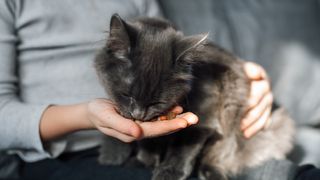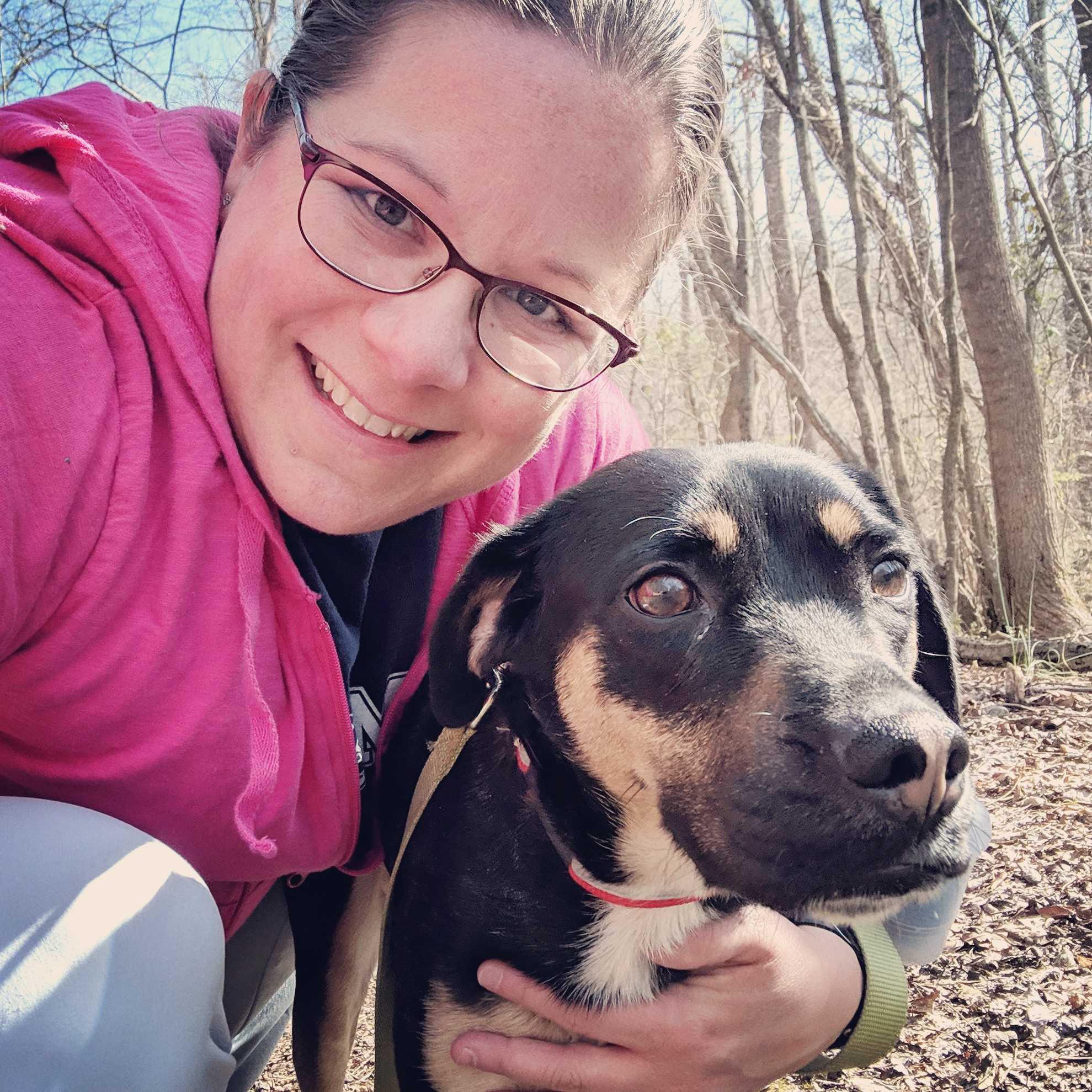When does a kitten become a cat?
When does a kitten become a cat? Being able to answer this question will help you to provide the best possible care for your feline friend

When does a kitten become a cat? Though the transition from kittenhood to adulthood is, in many ways, a slow and gradual one, veterinarians make an important distinction when answering this question.
Kittens have different needs than adult cats, both medically and behaviorally. Nowhere is this distinction more important than in determining your cat’s dietary requirements. Kittens are growing and developing, which means that they have unique nutritional needs. Feeding the best kitten food is essential for young kittens, in order to provide them with the necessary nutrients that will allow them to grow and develop normally.
An adult cat, however, has different dietary needs. Feeding kitten food to an adult cat can result in an entirely different set of problems. While your adult cat is unlikely to develop deficiencies due to eating kitten food, feeding kitten food to an adult cat can result in significant obesity.
The ability to accurately identify your feline friend’s life stage plays an important role in your ability to meet their needs.
What age is a kitten no longer a kitten?
Your kitten will reach a number of important milestones during their first year of life. Their eyes and ears will open during the first one to three weeks of life, while they may not start walking around and using the litter box until they are three to five weeks old. Your kitten will receive a series of kitten vaccines between six and sixteen weeks of age, and they will likely be spayed or neutered at four to six months of age. During the first six months of their life, kittens experience rapid growth and development, both physically and mentally.
While a kitten’s rate of development slows a bit after six months of age, they still have not reached adulthood. Kittens continue to grow until they are at least seven to nine months old, and many kittens may not reach their adult size until they are over one year old.
In veterinary medicine, we consider a cat’s first birthday to be the beginning of adulthood. An 11-month old cat is a kitten, while a one-year old cat is considered to be an adult.
Even after their first birthday, however, your cat’s development may continue, albeit at a slower pace. In fact, Maine Coons and Ragdolls can continue growing until they are four or five years old! So, just because your kitten has officially reached adulthood, that doesn’t mean that they are entirely finished growing and developing.

How long do kittens need kitten food?
In most cases, a cat should eat solely kitten food until their first birthday.
Kitten food is formulated to meet the unique nutritional needs of a growing kitten. A kitten’s rapid growth and development requires a substantial quantity of calories and protein, yet kittens have a smaller stomach that limits their meal size. Therefore, kitten food is much more calorie-dense and protein-dense than adult cat food, allowing kittens to take in large quantities of calories and protein in a small kitten-sized meal.
Kittens also require vitamins and minerals in different quantities than adult cats. For example, docosahexaenoic acid (DHA) is an omega-3 fatty acid that plays an essential role in supporting the development of a kitten’s brain and eyes. Adult cats do not have the same DHA requirement as young kittens, so adult cat foods often contain lower levels of DHA than kitten foods. Kittens also require specific quantities and ratios of calcium and phosphorus to promote healthy bone development, while these requirements are different for adult cats.
While we normally recommend kitten food until a cat reaches one year old, there are situations in which a veterinarian may recommend an early transition to adult cat food. For example, if your older kitten is obese and you are having difficulty limiting their consumption of kitten food, your veterinarian may recommend making the transition to adult cat food a few months early. However, it’s important not to transition to adult food before one year of age unless specifically instructed to do so by your veterinarian.
When you do switch to adult food, make sure that you make the transition gradually. An abrupt food change can cause diarrhea and other gastrointestinal issues in cats. Transition from kitten food to adult cat food gradually, over the course of seven to 10 days. Add just a little bit of the new adult food to your cat’s kitten food on the first day, and then gradually increase the amount of adult food while decreasing the amount of kitten food. Aim to be feeding a 50/50 mixture of adult/kitten food by day three to five, and finally phase out all of the kitten food by day seven to 10.
At what age do kittens calm down?
Just like humans, cats each have a unique temperament. Some cats are easygoing and mellow, even as young kittens. Other cats are inherently high-energy, engaging in kitten-like behaviors long after they have technically reached adulthood.
In general, your kitten should begin to show hints of their adult personality at nine to twelve months old. The extreme playfulness of kittenhood will then begin to give way to more variable personality traits, with some adult cats remaining playful and spunky while others become more willing to nap or snuggle.
If your cat is still exceptionally playful at one year old, this is likely to be a unique personality characteristic of your cat. Your cat is likely to remain playful and active over the long haul. Some cats need more play and exercise than others, and this need may persist well into adulthood.

Asking “when does a kitten become a cat?” is an important question in determining how to meet the needs of your feline friend. Kittens have unique medical and nutritional needs, and these needs will change as your cat reaches adulthood. While significant variation exists between individuals, a kitten is generally considered to reach adulthood at one year of age. This is the age at which you should transition your kitten from a high-quality kitten food to an adult cat food, in order to ensure that you’re meeting your cat’s nutritional needs without predisposing them to obesity or other medical issues.
Got more feline queries? Read up on healthy weight loss for cats or perhaps you want to know how to introduce a kitten to a cat.
PetsRadar Newsletter
Get the best advice, tips and top tech for your beloved Pets
Dr. Barnette is a graduate of the University of Florida, where she received both her B.S. in Zoology and her Doctor of Veterinary Medicine (DVM). She has 15 years of clinical experience as a small animal veterinarian, treating dogs, cats, and occasional exotic patients. She now works as a freelance veterinary writer, creating educational content for veterinarians, veterinary team members, and dedicated pet owners. Dr. Barnette lives in southwest Florida with her husband and daughter (plus two cats, a dog, and a rescued dove!) and enjoys kayaking, biking, and hiking. Learn more about Dr. Barnette at www.linkedin.com/in/catherinebarnette.

